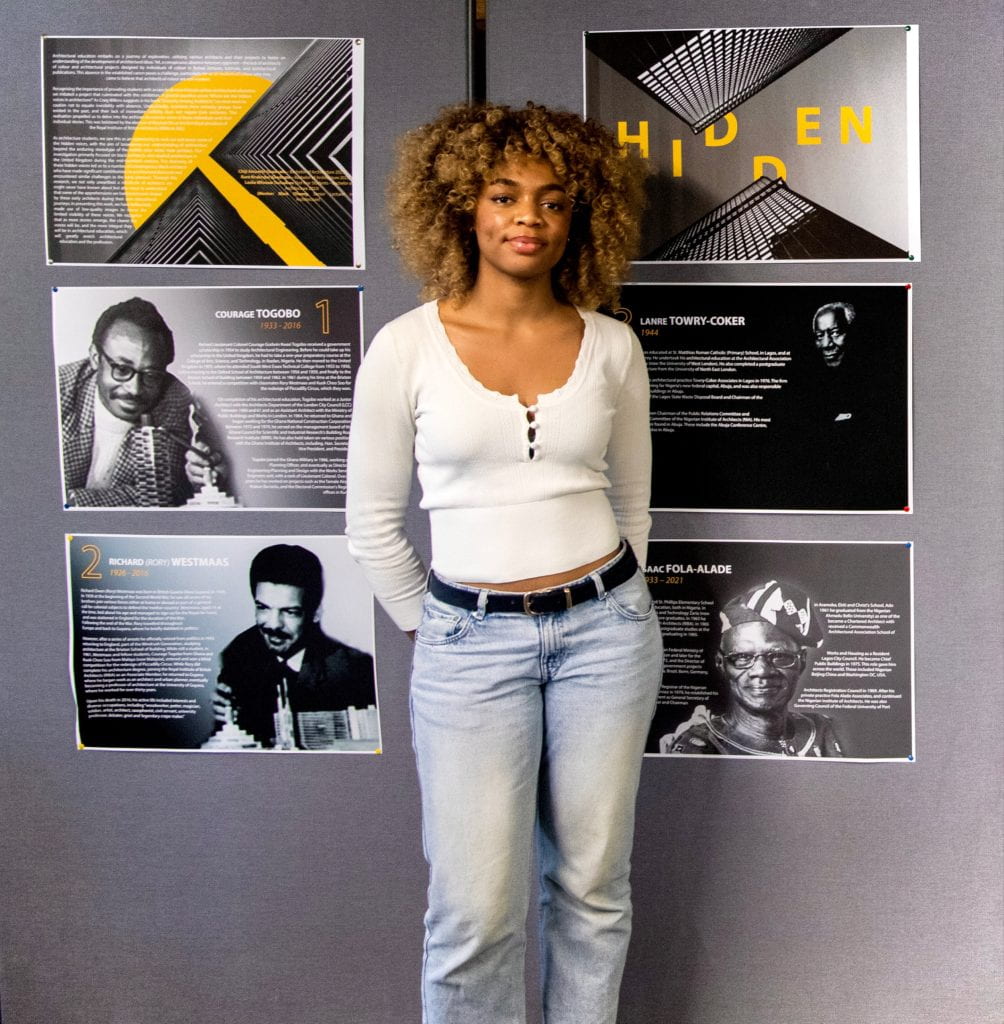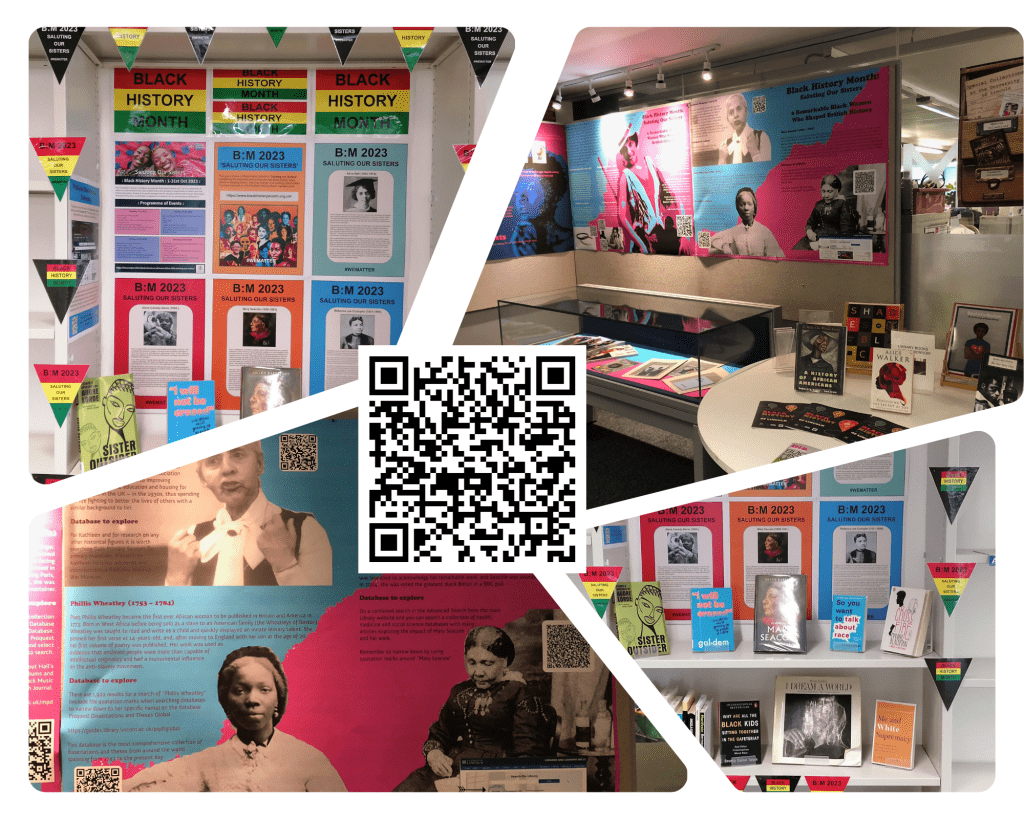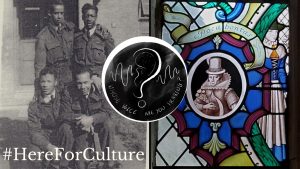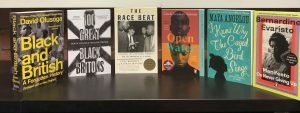Jamie Markham (History and Heritage student and The School of Humanities and Heritage’s SEDIC (Student EDI Committee)
Black History Month entails rich, cultural history in which’s paves a bright and diverse future for people of colour. It is vital to recognise the extent of racism and discrimination in which have targeted black people for centuries, alongside celebrating the significant contributes of black people to culture, science, politics, sports, and many other fields. However, the history of how Black History Month came to fruition is significantly undermined and underrepresented. Thus, we begin on this journey back in time and seek to build a relationship with Black History Month and it’s past.
Black History Month begins with one man and his determination to represent the resilience of black people and the discrimination in which they faced on a daily basis. Carter. G. Woodson established ‘Negro History Week’ in 1926, in a conscious effort to celebrate the fiftieth anniversary of the emancipation. Known as the ‘“Father of Black History” he founded the Association for the Study of African American Life and History (ASALH) to support this mission. During the week, was a celebration of experiences and accomplishments of African-Americans. Woodson seeked to deepen understanding and knowledge of black peoples and their powerful influences on the rest of the world. Therefore, the second week of February became an opportunity to celebrate black liberation.
With this,Negro History Week gained a vast amount of interest and gradually gained popularity and expanded to become Black History Month in 1976. The reason behind it, to expand and allow for more extensive exploration of African American History throughout the entire month. It was conceded that the original purpose of this month was set to recognise and educate people about the efforts of black people despite their struggles in history. Alongside this, the event aimed to combat historical inaccuracies and misconceptions around black history and platform black individuals across a variety of fields. This has previously included individuals such as Martin Luther King and Maya Angelou.
Black History Month began in America but quickly spread to encompass global influence and now serves as a month of national dedication towards the black experience. Many countries gradually followed in a linear fashion, adopting similar approaches towards black representation and racial equality. In the UK for instance, Black history month was first celebrated 11 years later in 1987. After visiting America in the 1970s, Ghanaian-born, Akyaaba Addai Sebo, a special projects officer at the Greater London Council (GLC), founded the UK’s version of Black History Month in 1987. The event coincided with the 150th anniversary of Caribbean emancipation of slavery and the 25th anniversary of the Organisation of African Unity. Thus, black history month became a staple in reversing the suppression continuously experienced by Black people and paying tribute towards their influence. Today, most importantly, it serves as a reminder of a sustainable journey towards social justice and racial equality. As human beings, it is our responsibility to protect this message.
References
BiM2023 (2023) Black history month 2023. BiM2023. Available from https://blackhistorymonth.org.uk/black-history-month-2023 [accessed 19 October 2023]
History.com (2023) Black history month. A&E Television Networks. Available from https://www.history.com/topics/black-history/black-history-month [accessed 19 October 2023]
History.com (2023) The man behind black history month. A&E Television Networks. Available from https://www.history.com/news/the-man-behind-black-history-month [accessed 19 October 2023]
National Museum of African American History and Culture (2023) Celebrating black history month. Washington, US: Smithsonian. Available from https://nmaahc.si.edu/explore/stories/celebrating-black-history-month [accessed 19 October 2023]



